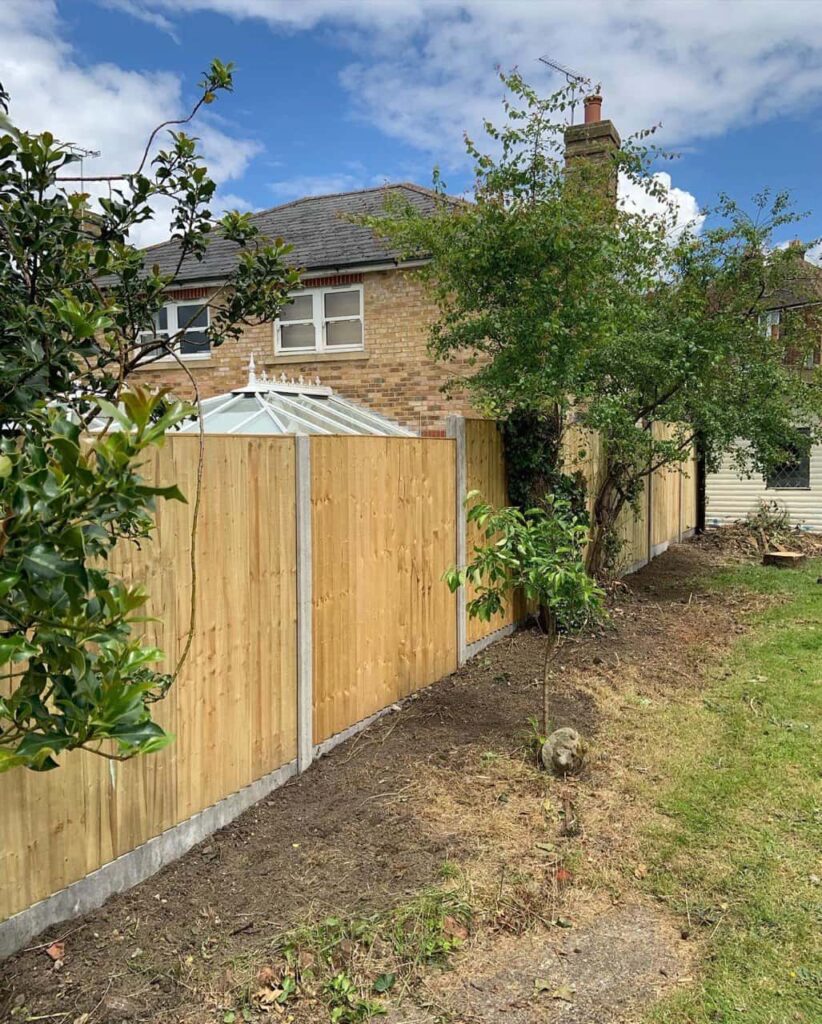Choosing the Right Height for Your Custom Fence
Introduction: Choosing the right height for your custom fence is a crucial decision that affects not only the appearance of your property but also its security, privacy, and functionality. With various factors to consider, finding the perfect balance between aesthetics and practicality can be challenging. In this blog post, presented by Fast Fix Fencing Gillingham, we’ll explore the factors to consider when determining the height of your custom fence and offer tips for making the right choice.
1. Purpose of the Fence
The primary purpose of your fence will influence its ideal height. If security is your main concern, a taller fence may be necessary to deter intruders and prevent unauthorised access to your property. For privacy, a fence of sufficient height can shield your outdoor space from prying eyes and provide a sense of seclusion. Alternatively, a lower fence may be more appropriate if your goal is to define property boundaries or add aesthetic appeal.
2. Local Regulations and Codes
Before installing a custom fence, familiarising yourself with local regulations and building codes governing fence height and placement is essential. Many municipalities have specific rules regarding fence height, setback requirements, and other factors that may impact your design options. Failure to comply with these regulations could result in fines, forced removal of the fence, or other legal consequences, so be sure to do your research before proceeding.
3. Neighborhood Aesthetics
Consider the overall aesthetics of your neighbourhood when choosing the height of your custom fence. While you may have specific preferences for your property, it’s essential to maintain visual harmony with neighbouring properties to preserve the cohesive look and feel of the community. Take cues from surrounding homes and fences to ensure that your fence complements the architectural style and landscaping of the area.
4. Privacy Requirements
If privacy is a priority, the height of your fence will play a significant role in achieving the desired level of seclusion. Consider factors such as the proximity of neighbouring homes, your property’s elevation, and potential sightlines when determining the appropriate height for your fence. Taller fences, solid panels, and strategic placement can all help create a private outdoor space where you can relax and unwind without interruption.
5. Maintenance Considerations
Remember that taller fences require more maintenance and upkeep than shorter ones. Factors such as exposure to wind, sunlight, and precipitation can affect the durability and longevity of your fence, so choose materials and finishes that can withstand the elements. Additionally, consider the accessibility of your fence for routine maintenance tasks such as cleaning, painting, and repairs.
6. Future Plans
Finally, consider your plans for the property when deciding on the height of your custom fence. Will you be making any additions or modifications in the coming years that could impact the placement or functionality of the fence? Anticipating future changes can ensure that your fence remains relevant and effective for years.
Conclusion: Choosing the right height for your custom fence requires careful consideration of various factors, including its intended purpose, local regulations, neighbourhood aesthetics, privacy requirements, maintenance considerations, and property plans. By weighing these factors carefully and consulting with a professional fencing contractor, you can select a fence height that meets your needs while enhancing your property’s beauty, security, and functionality.
Call us on: 01634 564 194
Click here to find out more about Fast Fix Fencing Gillingham
Click here to complete our contact form and see how we can help with your fencing needs.

